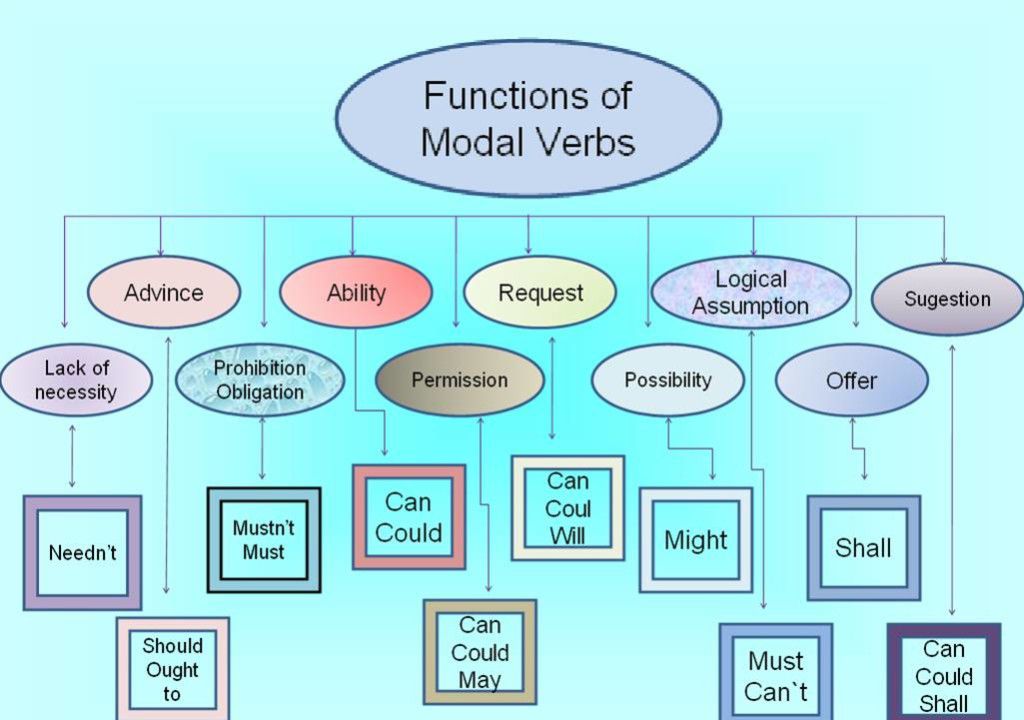情态动词用法详解(1)
|
English Grammar Pill: Modal Verbs (Part One) – How to use Modal Verbs of Ability and Habits I told my husband last night that I was starting a new English Grammar Pill series on modal verbs and his immediate response was: “What are modal verbs?!” Once I had got over the shock of realising that my husband is a complete English grammar ignoramus, I began to wonder whether my blog should also be directed at native speakers who have forgotten basic grammar rules. One thing it did prove, though, was how native speakers of any language, particularly English, have an instinctive feel of how to use their native language but are not necessarily able to explain areas of grammar. That’s for another post altogether. I have had many requests from various learners to cover this tricky area of grammar, so I’ve decided that it would be a good idea to write about with this topic. Let me start with an introduction. What are modal verbs? The modal verbs are can, could, will, would, may, might, must, ought to, shall and should. ■Two modal verbs cannot be put together. What are their functions? ■Probability - when we want to say how sure we are that something happened / is happening / will happen. They are known as ‘modals of deduction’ or ‘speculation’ or ‘certainty’ or ‘probability’.
There are too many functions to cover in one post, so I propose to split the functions into three posts. In today’s post, I’d like to address the functions of ability (present and past) and habits and how to use them correctly. ABILITY Specific ability - something that you can or can’t do in one particular situation. For example, being able to repair something, or find something you are looking for. Depending on what ability we’re referring to will determine what modal verb you use. The difference is more relevant for past ability rather than present ability, Present Ability ■Can you deliver the parcels by Friday? No, I can’t. ■They are able to deliver the goods next week. Past Ability ■In my twenties, I could play football very well.(but I cannot now) ■Last year I couldn’t run 10k, but now I can run a half marathon!
Click here if you’d like to try a modal verb of ability exercise prepared by Perfect English Grammar. HABITS
If you liked this post please share it. And don’t forget to subscribe to my blog if you don’t want to miss out on my posts. Ciao for now. Shanthi Sources: NB: There are three typing mistakes in the table that were brought to my attention by my readers: ‘advince’ should be advice; ‘coul’ – could and ‘sugestion’ should be suggestion. I didn’t prepare this table so I apologise on behalf of the author and thank my readers for spotting the errors. |









